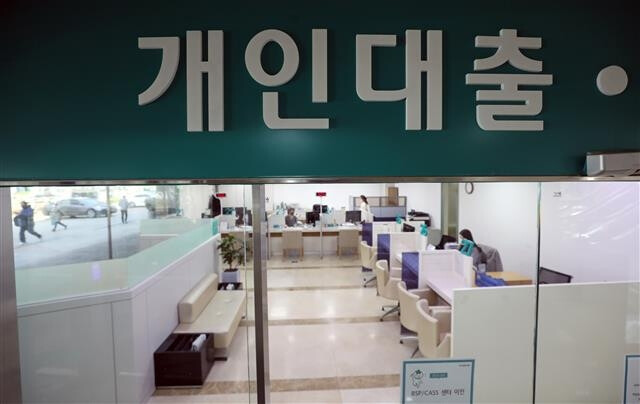
In 2023, the average loan amount among salaried workers' debt was approximately 50 million KRW, showing a slight increase from the previous year. Loans accounted for the largest portion of debt among those in their 30s and 40s, primarily in the form of mortgage loans, with a high prevalence among apartment residents. The delinquency rate increased across all age groups.
According to the '2023 Job-Related Administrative Statistics for Salaried Workers' Debt' released by Statistics Korea on the 27th, the average outstanding loan balance for salaried workers as of the end of December 2023 was 51.5 million KRW. This represents a 0.7% (350,000 KRW) increase from the previous year.
The outstanding loan balance for salaried workers had been steadily increasing since the relevant statistics were first compiled in 2017. However, it decreased for the first time in 2022 (-1.7%) before rebounding to an upward trend in just one year.
By loan type, housing mortgage loans increased by 3.7% to 20.38 million KRW, and non-housing collateral loans increased by 2.1% to 17.54 million KRW. Meanwhile, unsecured loans decreased by 5.4% to 11.57 million KRW.
By housing type, apartment residents had the highest average loan amount at 62.65 million KRW, while those living in detached houses had the lowest at 29.93 million KRW.
By age group, the average loan amount was highest for those in their 40s at 77.9 million KRW, followed by those in their 30s at 69.79 million KRW. Next were those in their 50s at 59.93 million KRW and those in their 60s at 37.45 million KRW.
By financial institution type, bank loans increased by 1.7%, while loans from non-banking institutions decreased by 1.2%.
The delinquency rate based on the outstanding loan balance was 0.51%, a 0.08 percentage point increase from the previous year. The delinquency rate has continued to rise, from 0.41% in 2021 to 0.43% in 2022 and further to 0.51% in 2023.
The delinquency rate increased year-on-year across all age groups. By age, those in their 60s had the highest delinquency rate at 0.86%, while those in their 30s had the lowest at 0.31%.
By company size, the average loan amount for employees of large corporations was 77.82 million KRW, nearly double that of small and medium-sized enterprise (SME) employees at 42.99 million KRW. However, the delinquency rate for SME employees was 0.82%, about three times higher than that of large corporation employees (0.29%).
Furthermore, employees in the financial and insurance industries had the highest average loan amount at 100.27 million KRW, while those in the accommodation and food service industries had the lowest at 21.54 million KRW.
The delinquency rate was highest in the construction industry (1.28%) and the accommodation and food service industries (1.12%), while the education industry had the lowest rate (0.16%).
[Copyright (c) Global Economic Times. All Rights Reserved.]



























